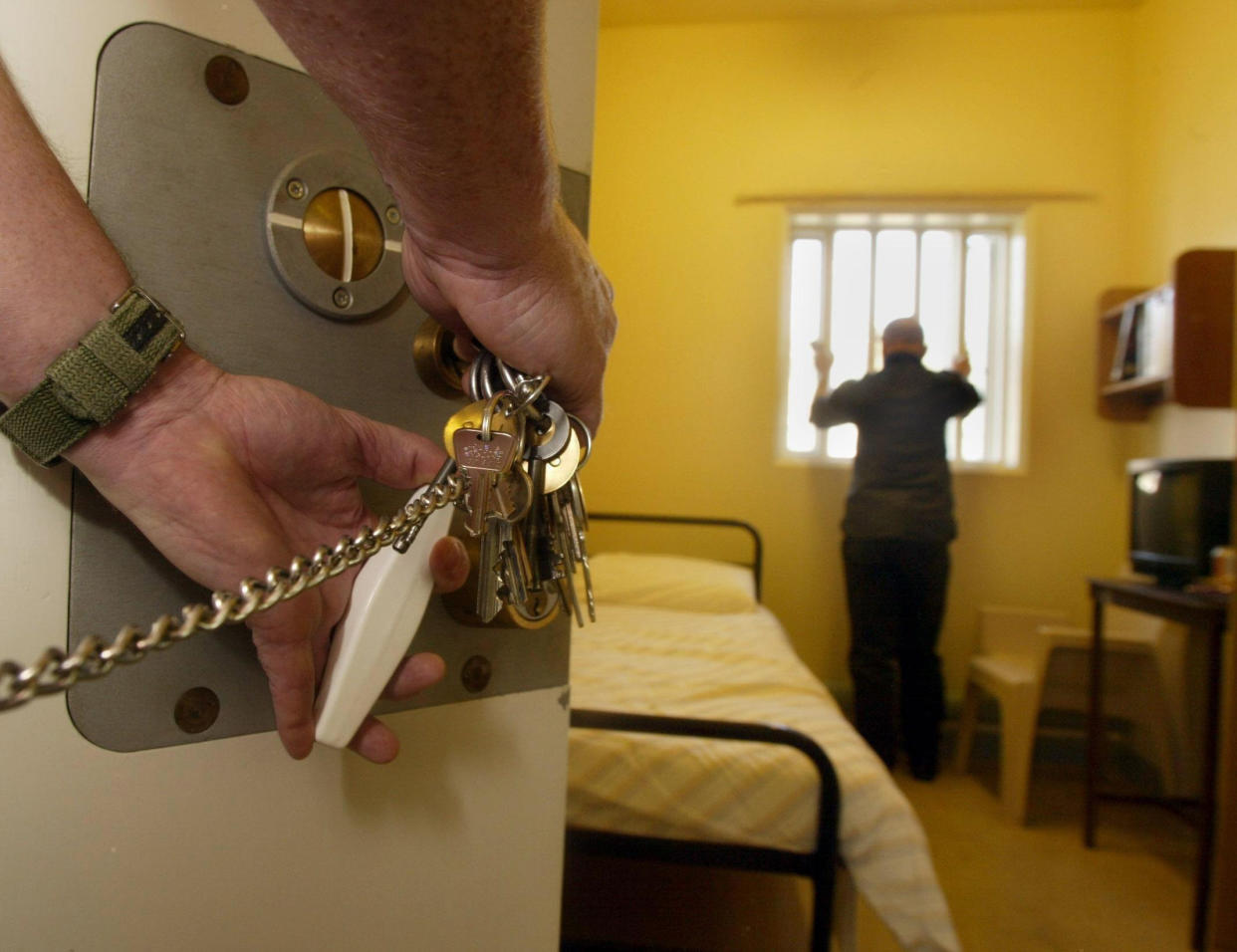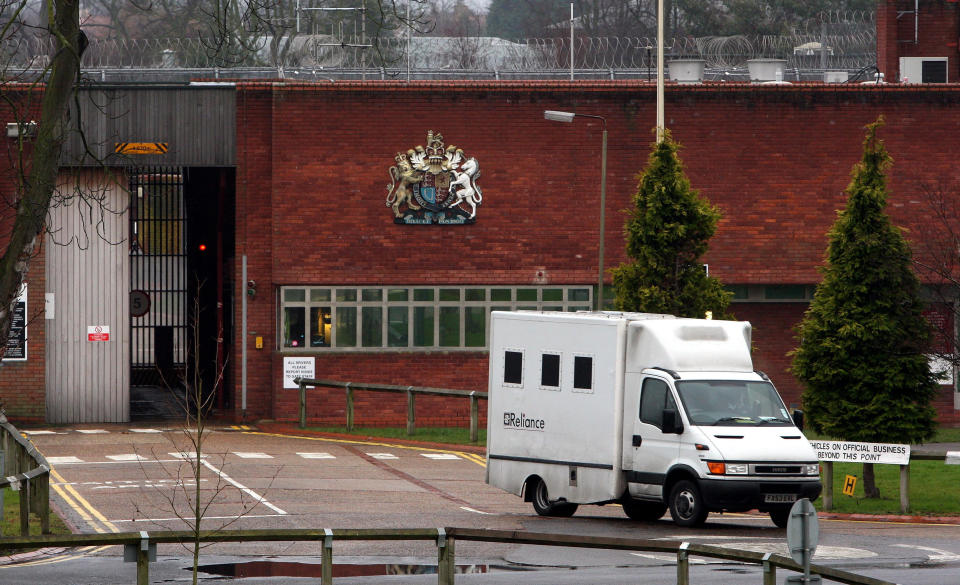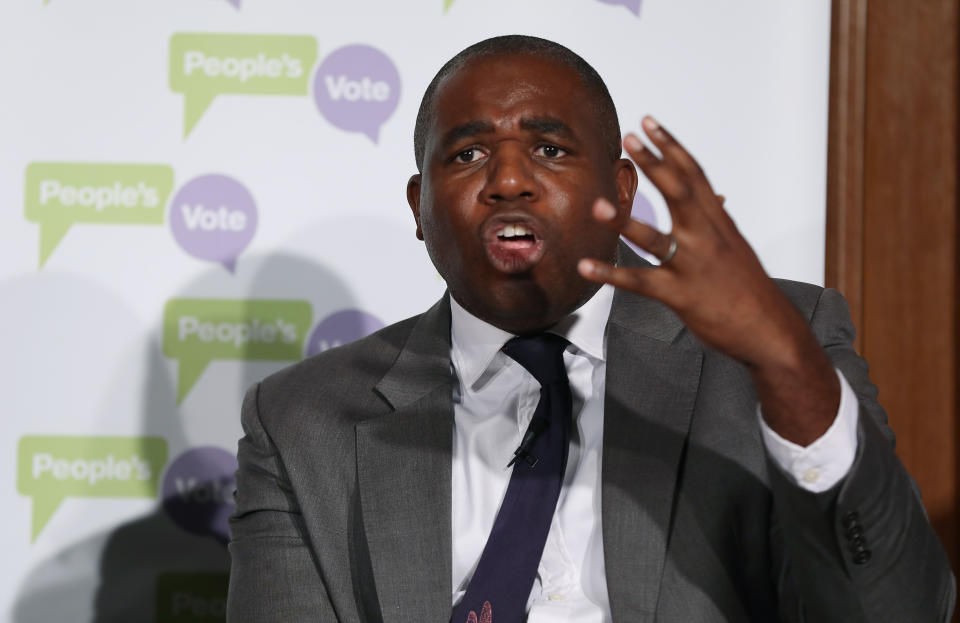More than half of boys in young offenders' institutions are from black or ethnic minority backgrounds

More than half of boys held in young offender institutions (YOI) in 2017-18 were from a black or minority ethnic background (BME), a watchdog report has indicated.
The percentage of BME detainees was the highest recorded since HM Inspectorate of Prisons began carrying out the analysis in 2001.
The 51% figure increased from 48% in the previous year.
Researchers found that the proportion of boys who identified as being from a black or minority ethnic background varied depending on the establishment, from one in five (21%) at the Keppel Unit, to nearly three quarters (71%) at Feltham.

The figures are detailed in a study on the perceptions of those aged between 12 and 18 who were held in YOIs or secure training centres (STCs) in England and Wales from April 2017 to March 2018.
Black and minority ethnic children accounted for 42% of the STC population, according to the paper.
The percentage identifying as being from a BME background varied between centres, from 33% at Oakhill to 55% at Medway.
In 2017, a landmark review by Labour MP David Lammy raised concerns that the proportion of black, Asian and minority ethnic youth prisoners had increased despite an overall fall in under-18s in custody.

Commenting on the latest findings, Mr Lammy said: “This is deeply alarming and now must be viewed as an urgent national crisis.
“We are not only failing to make progress to address these racial inequalities; things are getting significantly worse.
“From childhood right through to courts and adult prisons, our justice system entrenches and exacerbates the divides in our society.”
Frances Crook, chief executive of the Howard League for Penal Reform, said: “For the first time, more than half of boys in prison identify as being from a black or minority ethnic background.
“Sixteen months after the Lammy Review was published, it is disturbing that disproportionality it is growing.”

Between 2013-14 and 2017-18, the number of children, including 18-year-olds, held in YOIs, STCs and secure children’s homes fell by 24%, from 1,318 to 997, according to HMIP’s report.
The assessment, to be published on Tuesday, covers the experiences of boys in five male YOIs, plus a specialist unit for boys, and children, including a small number of girls, held in three STCs.
The watchdog warned that too many youngsters feel unsafe while in custody, saying signs of improvement have yet to translate into a significant shift in children’s perceptions of their treatment and conditions.
HMIP’s analysis, based on a survey of 686 children detained in 2017-18, found just over a third (34%) of those held in STCs reported feeling unsafe at some point since arriving at the centre, while the figure was 40% for YOIs.
A Ministry of Justice spokesman said: “We are fundamentally reforming youth custody to make it safer and more focused on rehabilitation and, as the Chief Inspector recognises, there have been encouraging signs of improvement in safety.
“As part of our reforms, we are increasing frontline staff in public-sector YOIs by 20%, improving training for officers working with young people, and have recently announced a £5 million investment in a new secure school at Medway.
“But we recognise there is still more to do, including tackling disproportionality in the justice system, and a dedicated team is addressing this issue head-on.”

 Yahoo News
Yahoo News 
